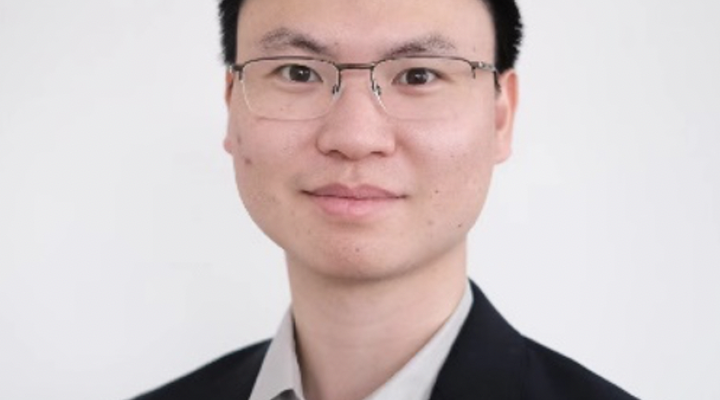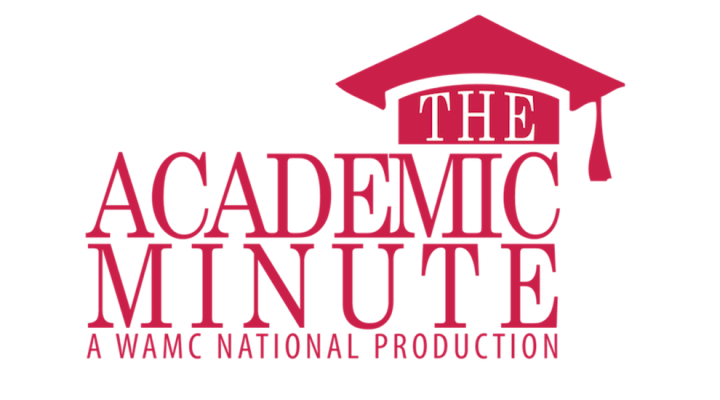The 2022-23 academic year brings with it five new faculty faces gracing the halls, classrooms, and laboratories of the Department of Materials Science and Engineering.
MSE is pleased to introduce the following new faculty members:
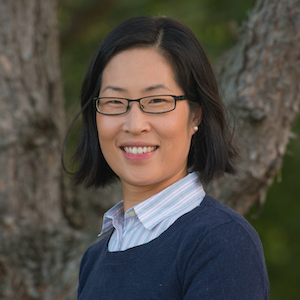 Professor Judy Cha, Ph.D. ’09, brings to her alma mater an expertise in nanoscale materials that will be key to enhancing Cornell’s NEXT Nano initiative through her research interests in atomic understanding of material formation and the design of new materials with applications for quantum computing, biological imaging, and renewable energy.
Professor Judy Cha, Ph.D. ’09, brings to her alma mater an expertise in nanoscale materials that will be key to enhancing Cornell’s NEXT Nano initiative through her research interests in atomic understanding of material formation and the design of new materials with applications for quantum computing, biological imaging, and renewable energy.
Cha comes from Yale University, where she was the Carol and Douglas Melamed Associate Professor of Mechanical Engineering and Materials Science. Her research group specializes in the synthesis and characterization of a class of materials known as chalcogenides, which include sulfides, tellurides and selenides.
“I'm really excited to be working with other faculty members at Cornell to advance in situ transmission electron microscopy experiments, correlating changes in electrical properties as the nanoscale materials undergo phase transitions at cryogenic temperatures,” Cha said. “The collaborative environment and long-established research centers at Cornell enable big projects to be undertaken.”
Cha is the recipient of the Moore Foundation EPiQS Materials Synthesis Award, the Nano Research Young Innovator Award in Nano Energy, and the National Science Foundation CAREER Award, among other accolades.
Brian Davis, lecturer and M.Eng. interim associate director
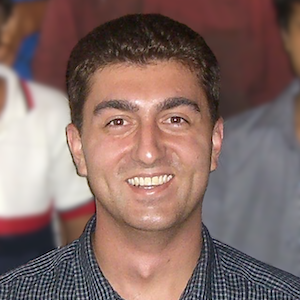 Brain Davis, lecturer and interim associate director of the MSE M.Eng. program, bring to Cornell MSE years of research and industry experience.
Brain Davis, lecturer and interim associate director of the MSE M.Eng. program, bring to Cornell MSE years of research and industry experience.
His most recent research focused on making glass more resilient to damage. The work was funding by Corning, Inc., and used non-linear mechanical response of silicate glasses to sharp indentation. He is a licensed professional engineer and worked as a stress analyst, focusing on solid mechanics and the practical application of finite element analysis.
Davis also worked as a quality engineer at the Johnson Space Center in Houston where he mentored students from Rice University as part of Engineers Without Borders USA. In 2008, he was awarded a Rotary Ambassadorial Scholarship and subsequently lived in Nepal while studying small-scale renewable energy and sustainable development projects.
Davis received a B.S. in mechanical engineering from UC San Diego, an M.S. in mechanical engineering from Colorado School of Mines, and a Ph.D. in materials science from Colorado School of Mines.
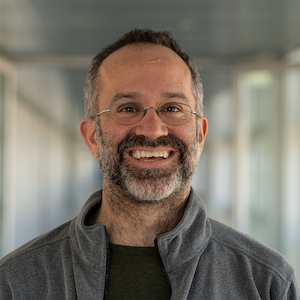 Eric Dufresne joins Cornell as both a visiting professor in the Department of Materials Science and Engineering and in the Department of Physics, researching soft and living materials.
Eric Dufresne joins Cornell as both a visiting professor in the Department of Materials Science and Engineering and in the Department of Physics, researching soft and living materials.
Dufresne also holds a professorship at the Swiss Federal Institute of Technology in Zürich and was previously at Yale University, where he was a professor and director of Yale's Center for Engineering Innovation and Design.
His research aims to understand, control, and exploit the properties of soft materials with a focus on interfacial forces, self-assembly of colloidal and biological materials, mechanical singularities, and the mechanics of cells and tissues. Applications for his research include biomedical and industrial applications, for example, pressure sensitive adhesives and solar cells.
Dufresne also co-founded a tech startup and worked briefly as a management consultant.
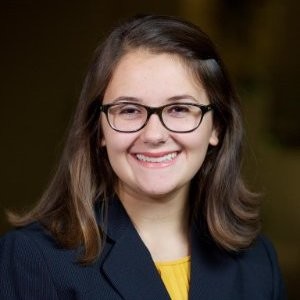 Karla Wagner joins Cornell MSE as a lecturer teaching MSE 3110 and 3120, as well as developing new laboratory courses and modules associated with courses from the first-year to the senior undergraduate levels.
Karla Wagner joins Cornell MSE as a lecturer teaching MSE 3110 and 3120, as well as developing new laboratory courses and modules associated with courses from the first-year to the senior undergraduate levels.
Wagner received her B.S. in materials science and engineering from the Georgia Institute of Technology, where she also earned a Ph.D. in materials science for her work on high strain rate testing of high-solids loaded particle composites. As a student, she spent time working for Boeing, Terminal Velocity Aerospace, Gulfstream Aerospace, and Pacific Northwest National Laboratory. She also developed a passion for teaching and mentorship as head TA for the senior level materials processing lab, and supervised several undergraduate researchers during the course of her thesis work.
“I am most looking forward to being able to work so directly with students,” Wagner said. “Students are not just scientists or engineers – they are human beings with their own challenges, biases, and lives. Thus, I strive to empower all students to engage with me and with class content through inclusive course design and teaching strategies.”
Wagner added: “I believe it is imperative to incorporate interactive, practical, and real-world problems into my courses. This approach mirrors the challenges students will face as engineers and researchers in their careers and results in experiential learning.”
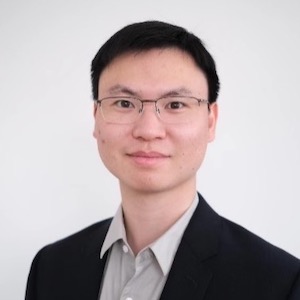 Yu Zhong is an assistant professor specializing in hybrid 2D and organic materials at both the molecular and nano scales.
Yu Zhong is an assistant professor specializing in hybrid 2D and organic materials at both the molecular and nano scales.
Zhong was previously the Camille and Henry Dreyfus Postdoctoral Fellow in the Park Group at the University of Chicago and earned his Ph.D. from Columbia University.
His main research topics include: mixed ionic-electronic materials and devices for electronics and healthcare applications; synthesis and transport study of hybrid organic-inorganic 2D materials; and ultrathin nanoporous membranes for separation and sustainability.
In parallel with exploring new structural designs of soft materials, Zhong develops and applies advanced technologies – for example, laminar assembly polymerization and chemical vapor deposition – to materials synthesis. His research aims to uncover novel materials design principles and structure-property relationships for the advancement of flexible electronics, energy devices, separation processes, and more.
“Cornell has a supportive and collaborative research culture that is created by many world-leading researchers,” Zhong said. “I very much look forward to working with Cornell colleagues and students to explore highly interdisciplinary research at the interface of materials, chemistry, physics, and more.”


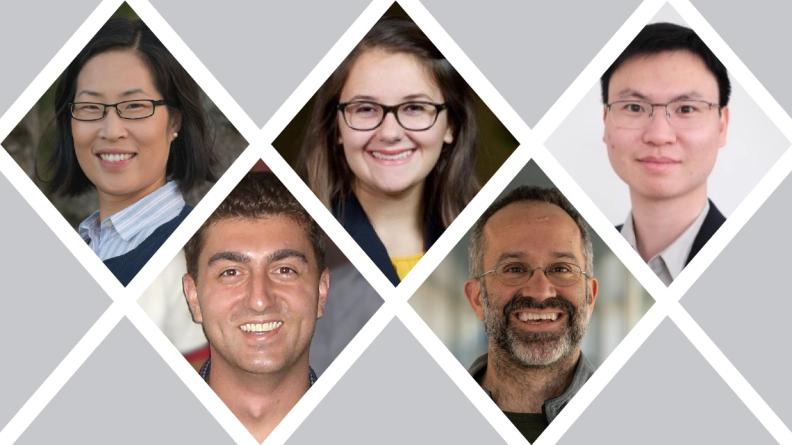
 Professor Judy Cha, Ph.D. ’09, brings to her alma mater an expertise in nanoscale materials that will be key to enhancing Cornell’s NEXT Nano initiative through her research interests in atomic understanding of material formation and the design of new materials with applications for quantum computing, biological imaging, and renewable energy.
Professor Judy Cha, Ph.D. ’09, brings to her alma mater an expertise in nanoscale materials that will be key to enhancing Cornell’s NEXT Nano initiative through her research interests in atomic understanding of material formation and the design of new materials with applications for quantum computing, biological imaging, and renewable energy. Brain Davis, lecturer and interim associate director of the MSE M.Eng. program, bring to Cornell MSE years of research and industry experience.
Brain Davis, lecturer and interim associate director of the MSE M.Eng. program, bring to Cornell MSE years of research and industry experience. Eric Dufresne joins Cornell as both a visiting professor in the Department of Materials Science and Engineering and in the Department of Physics, researching soft and living materials.
Eric Dufresne joins Cornell as both a visiting professor in the Department of Materials Science and Engineering and in the Department of Physics, researching soft and living materials. Karla Wagner joins Cornell MSE as a lecturer teaching MSE 3110 and 3120, as well as developing new laboratory courses and modules associated with courses from the first-year to the senior undergraduate levels.
Karla Wagner joins Cornell MSE as a lecturer teaching MSE 3110 and 3120, as well as developing new laboratory courses and modules associated with courses from the first-year to the senior undergraduate levels. Yu Zhong is an assistant professor specializing in hybrid 2D and organic materials at both the molecular and nano scales.
Yu Zhong is an assistant professor specializing in hybrid 2D and organic materials at both the molecular and nano scales.